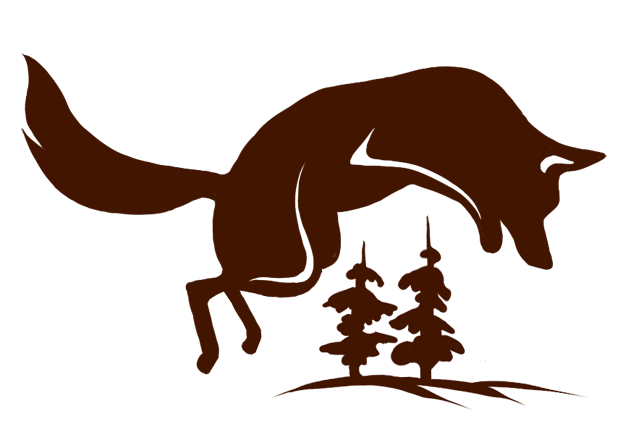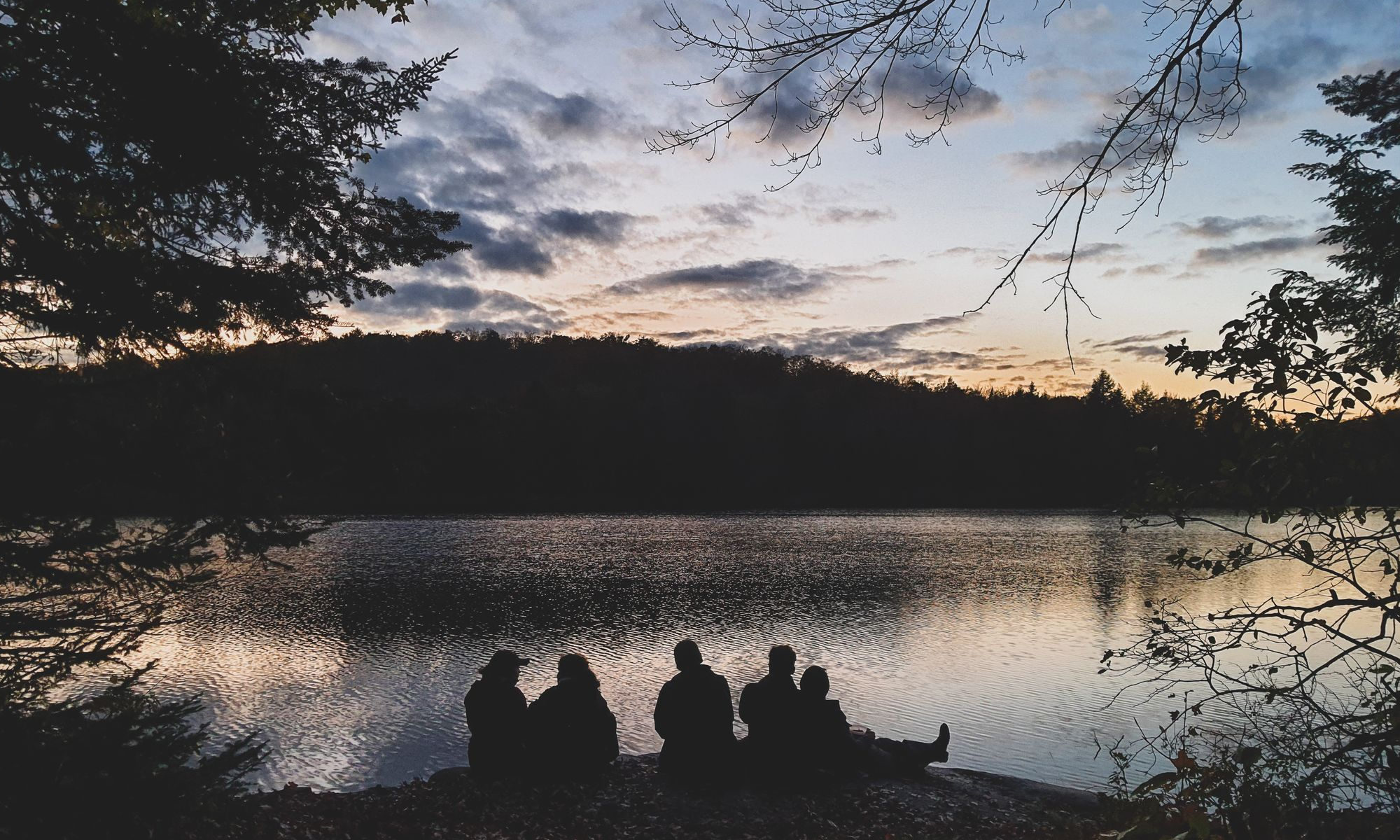Place-based education
We believe that fostering personal and experiential relationships with the natural world is the most powerful teacher. For one, getting to know the species and individuals in your local ecosystem – the plants, mammals, insects, trees, birds, amphibians, and mushrooms, to name some – cultivates empathy, and therefore a greater desire to both know as well as protect this world that we rely on. Also, regular and direct contact with the elements – like the sky, rain, rivers and streams, wind, sun, and ground – keeps us alive in our bodies, and fosters stronger common sense and risk management skills.
Traditional survival skills
Deep in all of our lineages are subsistence traditions that connect us deeply to the earth. The skills themselves are teachers of ecology, resiliency, focus, cultivating rich sensory awareness, humility towards life and responsibilities to care take. They are hands-on, offer immediate feedback, and tap into instinctual knowledge. We use traditional survival skills such as tracking, friction fire making, bird language, using plants for food and medicine, basket making, shelter building, and many others as a way to offer opportunities for growth and connection.
Mentoring
We strive for a low participant to staff ratio. We work towards creating long-term relationships with participants where mentoring practices can really be expressed and available. As we learn about participants’ individual passions and edges, we try to meet them where they are at, offer opportunities to grow, and help them face life with passion and courage. We use cultural mentoring practices to make the learning ‘invisible’ and exciting, using storytelling, games and challenges to making our programs dynamic and rich.
Growing culture
A large part of the work we do is creating experiences for participants that “weave” a container for a nature-connected culture. This is about role modeling conduct and habits that convey values of respect, curiosity, stewardship, and kinship with the wilderness inside and outside of ourselves. On the surface this looks like routines of gratitude, of singing together, of listening to each other’s stories and reflections, and of seeking avenues for empathizing with the life around us.
Being on unceded land
We recognize and honour that we are on unceded and stolen Kanien’kehá:ka land. By acknowledging this and the privilege we have on this land, we try to take steps to re-write the colonialist narrative that first nations and their struggles are to be ignored and that this land is meant for industrial production. We try to honor the lineage of the skills and practices we share, and honor the hard-earned traditional knowledge that keeps the wisdom alive. Many of the skills we practice and teach have come from a long line of oral tradition and daily use. We are grateful for the teachers we have had in our lives and for the people who continue to hold the tradition of these skills. Through connecting with nature, we see an opportunity to build community between cultures and to unite over a common cause.
Peacemaking
With deep relationships come conflict, and therefore opportunities for peacemaking and profound growth. Through our intention to role model a healthy, nature-connected community, we are committed to addressing the challenges that get stirred up. Honoring and tending to the diversity of emotions that might arise, within the boundaries and limits of our programs, is integral to the work we do. Learning to seek a vision of peace, cultivating inner peace, communicating with respectful and responsible language, and tending to grief are important routines we weave into our youth and adult programs.
Diversity
We do our best to not let money be a limit to participation, and will do our best to meet you where your abilities, needs and interests lie. We also seek to honor the many different ways people learn by using a variety of teaching styles, and remain adaptable and flexible in our programs.
How do we know when this approach is working?
We look for the following symptoms of nature connection or ‘indicators of awareness’ in our participants to profile them, and to help us to measure their growth:
– Common sense
– Aliveness and agility
– Inquisitive focus
– Caring and tending
– Service to community
– Awe and reverence
– Self sufficiency
– Quiet mind
For more on our approach and lineage, check out the 8 Shields / Art of Mentoring community: www.8shields.com


